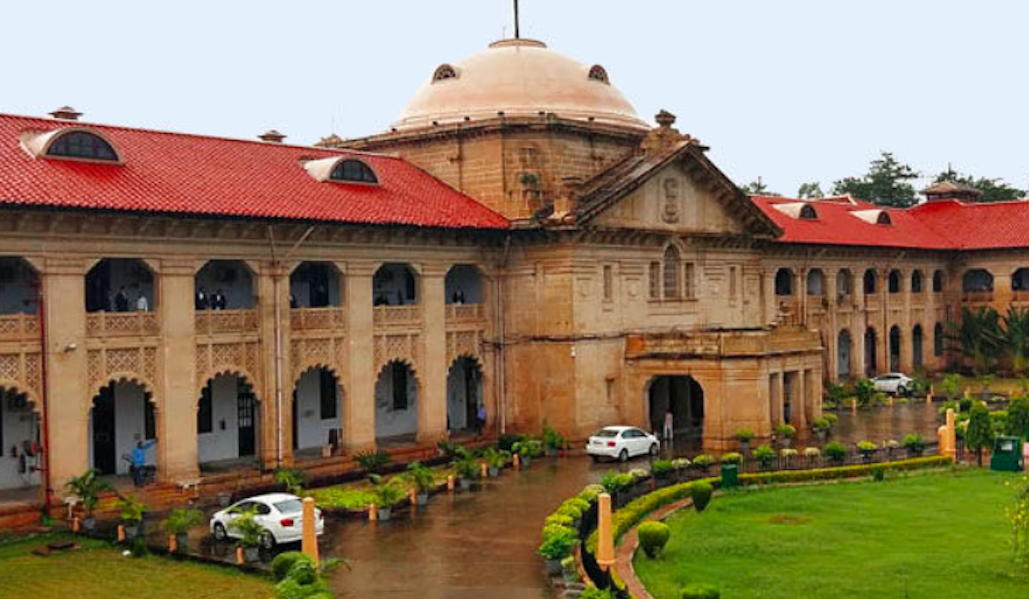Shashwati Chowdhury
Published on: June 15, 2022 at 17:10 IST
A determined group of activists and lawyers have been working to seek justice for the family since the activist Afreen Fatima’s home was demolished on June 12, 2022. Afreen’s mother Parveen Fatima and Javed Mohammad’s wife, whose decades-old family house was brutally razed on Sunday, have just received a call from the active Chief Justice (CJ) of the Allahabad High Court, Manoj Gupta, about a letter petition. The demolition happened in the Kareli area of Prayagraj. In addition to Advocate KK Roy, signatories include Advocate M Saeed Siddiqui, Rajvendra Singh, and Prabal Pratap.
The letter petition seeks that immediate directions be given to the state of Uttar Pradesh and its Representatives, including the District Magistrate and Vice Chairman of the Prayagraj Development Authority, to pay Parveen Fatima and her children a hefty sum of money in compensation for the embarrassment, harassment, and indignity she experienced and for leaving them in a state of homelessness. In the petition, it is made clear how all of this violates on their constitutional rights, under Articles 14 and 21.
The Petition says to “justify the act of demolition, the Prayagraj Development Authority had pasted the notice on the wall of the house of Parveen Fatima yesterday, i.e., on 11.06.2022; in the said notice mention of some back date has been made regarding the issuance of show cause, which was never received by Javed Mohammad or his wife Parveen Fatima.”
The Petition cites Section 26 of the U.P. Urban Planning and Development Act of 1973, which deals with penalties and runs from Section 26 to Section 26A, C, B, and D. It also mentions Section 21-A of the Act of 1973, which deals with the authority to seal unauthorised development, and Section 20a-A (4), which gives the aggrieved party the right to appeal to the Chairman if any order of sealing has been passed by the vice Chairman of the authority
The Petition says, demolition is always “the last resort” for officers, and there should be due process followed, including notice being served, affected parties getting a fair hearing, and properties being first sealed.
Above all, even if the false allegations against Javed Mohammad were true, Indian criminal jurisprudence is based on the principle of criminal liability, which states that the person who commits the crime is to be punished and not their family.

